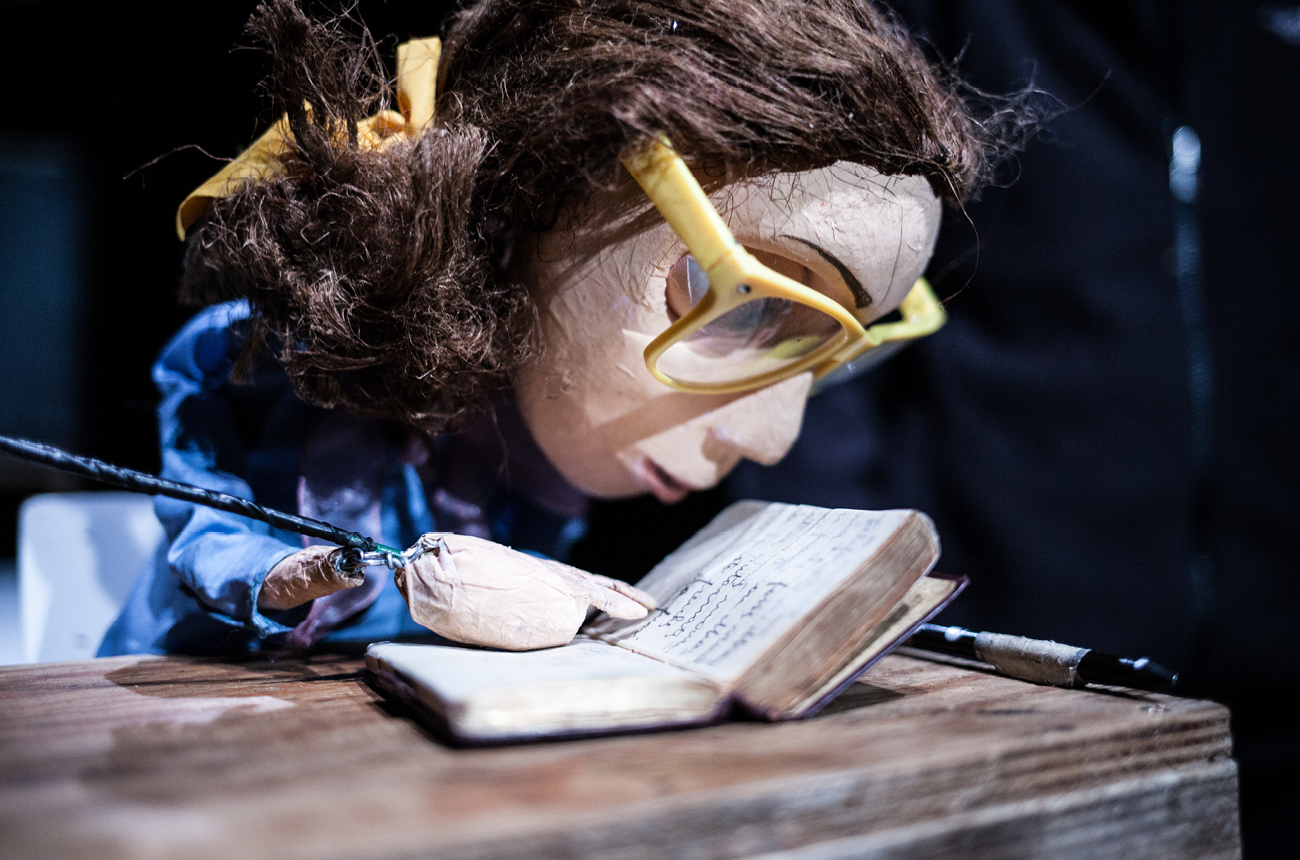
THE CLASS. A docupuppets for puppets and humans
a show by Fabiana Iacozzilli | CrAnPi
collaborating with the dramatization Marta Meneghetti, Giada Parlanti, Emanuele Silvestri
artistic collaboration Lorenzo Letizia, Tiziana Tomasulo, Lafabbrica
performer Michela Aiello, Andrei Balan, Antonia D’Amore, Francesco Meloni, Marta Meneghetti
scenes and puppets Fiammetta Mandich
lights Raffaella Vitiello
sound Hubert Westkemper
sound technician Jacopo Ruben Dell’Abate
assistant directors Francesco Meloni, Silvia Corona, Arianna Cremona
set photography Tiziana Tomasulo and Valeria Tomasulo
consultant Piergiorgio Solvi
special thanks to Giorgio Testa
communication and press office Antonino Pirillo
production Antonino Pirillo, Giorgio Andriani
co-production CrAnPi Lafabbrica Teatro Vascello Carrozzerie | n.o.t
with the support of Residenza IDRA and Teatro Cantiere Florida/Elsinor as part of the project CURA 2018
and of Nuovo Cinema Palazzo
and the support of Periferie Artistiche Centro di Residenza Multidisciplinare della Regione Lazio
“From 1983 to 1988 myself and other thirty souls were primary school pupils in a class of an Institute run by nuns which is now a holiday home. The Institute had the name Sisters of Charity. Our only teacher, also a sister of charity, was Sister Lidia and she died over twenty years ago. It has never been easy for me to talk about the years spent in this Institute and the strict education we were subjected to. Thirty later I decided I would create a show based on those memories and I started to search for my ex classmates, believing it was essential to recreate that “community” with which I had shared such experience. To begin to put together the pieces of the “history”I interviewed them, asking very simple questions such as “What was Sister Lidia like?”; “What do you remember about her?”; “Do you remember what happened in class?”; “Were you happy when she died?” (Fabiana Iacozzilli)

